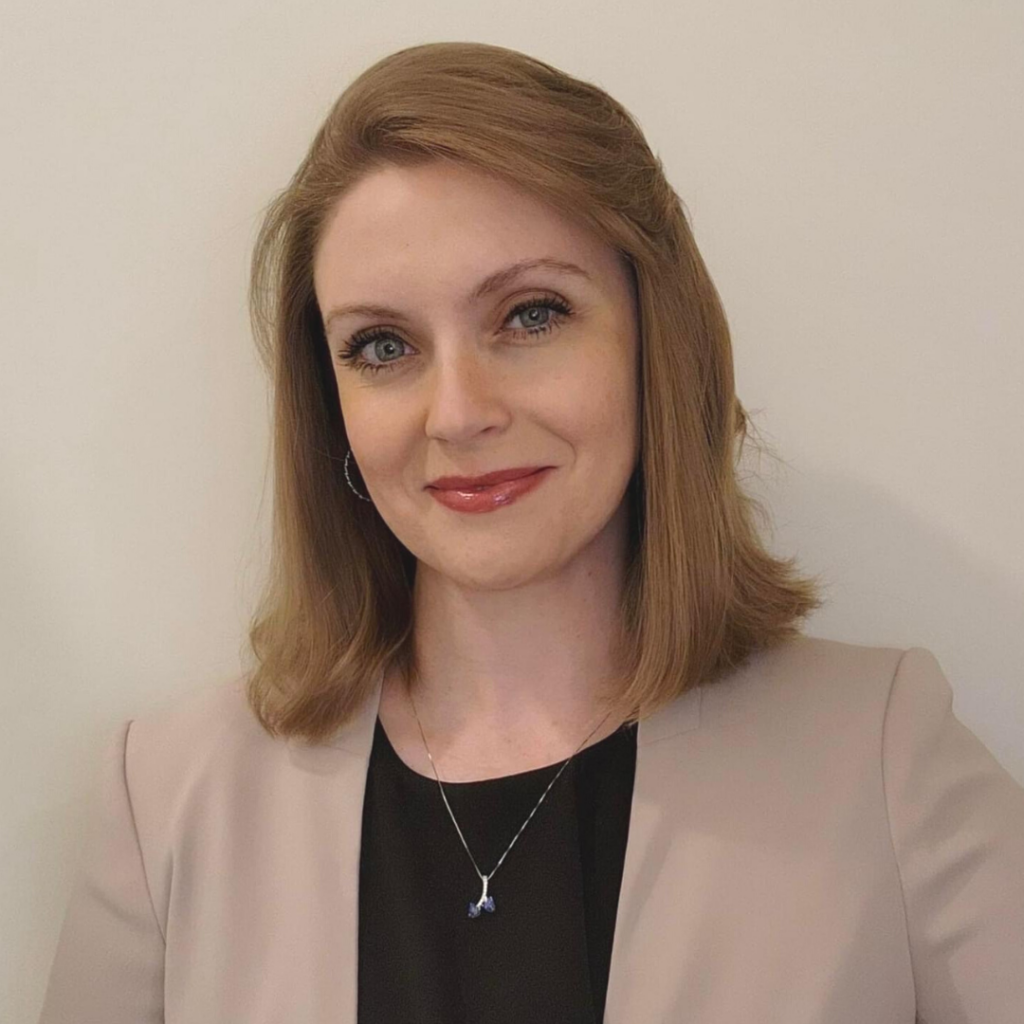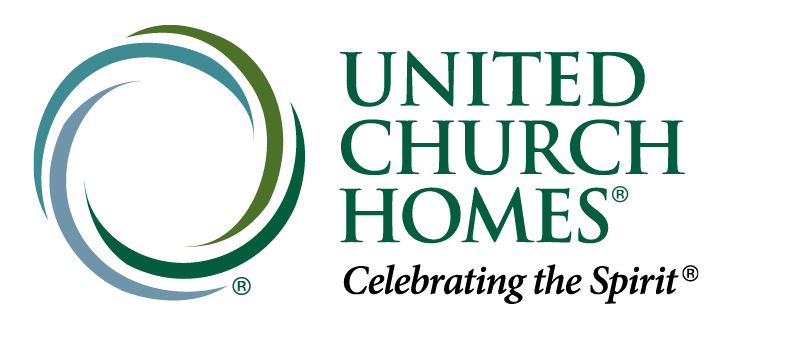
Highlights from this week’s conversation include:
Abundant Aging is a podcast series presented by United Church Homes. These shows offer ideas, information, and inspiration on how to improve our lives as we grow older. To learn more and to subscribe to the show, visit abundantagingpodcast.com.
Ashley Bills 00:07
Hello and welcome to Ask a NaviGuide, part of the Abundant Aging podcast series. I’m your host, Ashley. And on the show we talk about things like aging and caregiving issues that can be stressful to work through. And we do it with tips and advice from our United Church homes NaviGuide team of experts. Our NaviGuides have decades of experience helping families work through tough issues. We hope you can use some of this advice to help you or someone you love age abundantly. Today, we have Kimberly, with us a United Church homes NaviGuide who will help us understand dementia and memory care and what you might expect. Please remember the opinions shared in this podcast are not meant to convey or take the place of clinical legal or other professional advice. So Kimberly, we know you have a long career of working with older adults starting with a role and memory care at a very young age. So how did your time in that memory care neighborhood drive you to stick through serving older adults even today?
Kimberly Harp 01:08
Well, nice to see you again, Ashley, thanks for having me. It drove me through just the reward factor, no amount of income that I had shortly after that when I tried to do something different could ever come close to the satisfaction and just fulfillment you got knowing you were serving those that truly needed it the most. And you were more than serving them, you were a friend, you know, just so many different roles went into working with those seniors.
Ashley Bills 01:41
That’s awesome. So we’re so glad that you’re here today, Kimberly, and looking forward to your experience in this subject. So we know that the progression of dementia is tough. And it may lead to a point where a loved one just has no other option but to receive specialized dementia care. So what sort of places are out there? If someone needs additional care?
Kimberly Harp 02:04
Yeah, that’s a great question. And I actually just answered this question last week, for a family that was looking for the same kind of services. Because you know, in the past, they were able to visit one of our residents who live in our independent facility, apartment community, but they’ve got a new job. So you know, they’re looking for some of that extra peace of mind, reassurance, their loved ones going to be safe, stuff like that. And so there are many things that you can do. One of the obvious is, you know, the memory care units, there’s assisted living facilities, nursing homes, there’s also something adult daycare facilities, which is we have one in Athens very close to one of my properties. And it is a wonderful resource in the community. Residents can get picked up, you know, they include transportation, picked up in the morning, dropped off in the evening, they provide a safe environment, activities, food, just love, you know, and protection all day long. And then there’s also home health, you know, you can consider getting a home health aide in there to sit with your loved one. If that works for you. Yeah, so you’ve got options.
Ashley Bills 03:18
That’s awesome. I like the idea of the adult daycare and maybe being a nice transition into a long, like a longer term care community. So I like that idea. So what are some of the different types you listed? What are some of the common or basic services that these places provide? Which places just clarify, let’s start with senior living communities like, like a memory care unit?
Kimberly Harp 03:47
Yep. So that that particular community would be 24/7 round the clock care, you know, you got your food that those nutritional needs are being met. If the factors they’ll probably have locked units on the memory care for safety, the activities, such as the quality of life section is provided. Just all around, you know, 24/7 care, the adult daycare facilities are usually from a certain time, you know, but it is full time care during those particular hours that are selected. Same thing feeding activities, different range of activities, they have a lot of fun stuff that comes in there petting zoos, spiritual, you know, Bible studies to just fun, you know. And then home health is very tailored to what your preferences are. Between you in that caregiver
Ashley Bills 04:43
and home health. They come to your home. Correct. And, yes, adult day care though is when you leave the home and go to a place with other folks. Correct? Okay.
Kimberly Harp 04:52
Yes by either that. You know, your loved one takes you or adult daycares offer transportation.
Ashley Bills 04:59
Okay, so what experience then constitutes a good standard at one of these locations?
Kimberly Harp 05:07
The answer, I’m gonna give this for all of them. And that is to watch and see if they are person centered. If they’re willing to get to know your loved one, you know, and encompass activities that might be of interest to them, as opposed to just the standard schedule, that’s a very good sign that they’re person centered.
Ashley Bills 05:26
So we hear that a lot in the health care realm person centered care. So can you explain to me a little bit what that means? And what does that look like?
Kimberly Harp 05:35
Right? Just like dementia, Alzheimer’s, you know, we’re all different, it doesn’t affect us in the same way it would somebody else. So you want your care to be tailored to you, in a way almost? What are the things you enjoyed? What are some of your hobbies? When I work at my independent, senior living community? These are questions I asked my residents, you know, well, what did you do for fun? What about groups? Were you a part of any groups in the past? You know, these are clues and to visual cues and stuff that you can bring on board specific to that person to comfort them, you know, make them feel a little more at home, in a new environment? It’s going the extra mile, honestly.
Ashley Bills 06:15
Sure. So that sort of helps us uncover if a community or someone that we’re looking to send our loved one to is person centered. But what are other questions that might be good to ask if we’re considering memory care for a loved one?
Kimberly Harp 06:32
Yeah, definitely want to ask, you know, what are the security features that you take to heart here? You know, can you show them to me? Let’s take a tour. How clean is the facility? You know, for hygiene? What do the rooms look like? How many staff are on board at any given time? You know, what the schedule is just to make sure that you have that peace of mind, your loved one will have the support they need throughout all times of the day.
Ashley Bills 07:00
I’ve even seen people on social media and online even asking, like just the masses, like what do you think about this service? You know, is it a good idea to pull the world? Or your community? Or maybe your friends on what their experiences are? If they’ve heard anything as well?
Kimberly Harp 07:21
Oh, of course, you can definitely ask, you know, get that support, get the feedback, get those second opinions, because you want all the services available? You know, is there anything I should be asking this nursing home director that I’m missing? I’m not thinking about something and maybe, you know, hey, ask if they have music therapy? Thank you. I didn’t think about that, you know, stuff like that, because it’s always more powerful. And numbers.
Ashley Bills 07:46
Right? I’m sure they’re also, if you Google such a thing, that you might be able to find some good questions that are commonly asked for something like that as well. So are there any other good resources that you can use to evaluate a memory care neighborhood?
Kimberly Harp 08:04
Yes. One that I’m biased to, because I love them. They do so well. The Alzheimer’s Association has a 24/7 helpline, and some of these questions they’ll be able to assist you with in terms of resources in your community for the memory care units, adult daycare, stuff like that. And I’ll also point you in the direction of a support group, if that’s something you’re interested in, in a support group. Many people share their experiences of what is working, and what maybe they didn’t have a great experience with.
Ashley Bills 08:39
So those are healthier. So these support groups, are they online? Are they like a support group in your own community?
Kimberly Harp 08:49
Both just like you think of any kind of support group that comes to mind. Yeah, counseling, divorce, just any kind of subject is the same thing. They go virtual. They go at somebody’s home one month, other members the next and it’s just a really valuable network to have on your unique journey. Yeah, for sure.
Ashley Bills 09:13
So thank you so much for that. Is there anything else that you think our audience should know about this topic or any other resources that you’ve used or advice that you can give for someone going through the journey of whether to put their loved one in a memory care unit or some sort of adult daycare service?
Kimberly Harp 09:31
Yeah, definitely find support. You know, don’t do this alone. There is so much to learn. I’m still learning. And I’ve been in this field, you know, you never stop learning. So definitely continue to get that support. Reach out to your local area agency on aging. Local community, Google, you know, call the senior centers that you’re familiar with. Sometimes they have one strictly for just a community Senior Center. Definitely reach out and get all of your questions answered because they matter. And you’re doing a fantastic job by even asking and wanting the best care for your loved one.
Ashley Bills 10:09
Awesome. So do your research is what I’m hearing. Put in the time. It’s right. So thank you so much for your insights today, Kimberly and as always, it’s a pleasure to have you with us. And thank you for listening to this episode of Ask a NaviGuide, part of the abundance aging podcast series brought to you by United Church Homes. Please like, share, and subscribe to the show so we can bring you more content like this. You can also find us at abundantagingpodcast.com. For more information about the UCH NaviGuide program, please visit uchnaviguide.org And for more information about United Church homes, please visit unitedchurchhomes.org We’ll see you next time!
